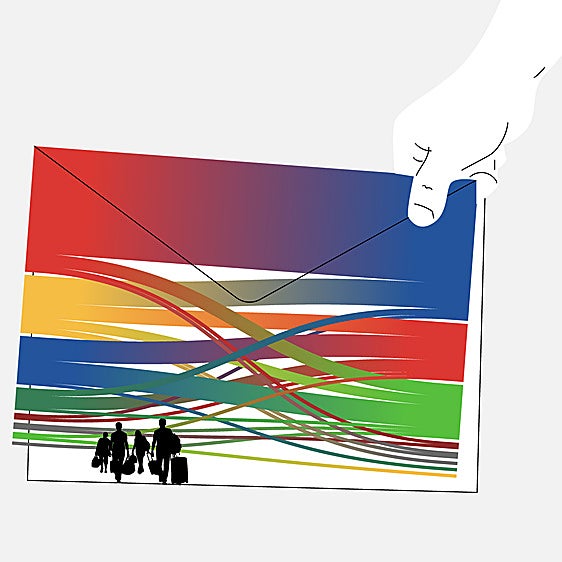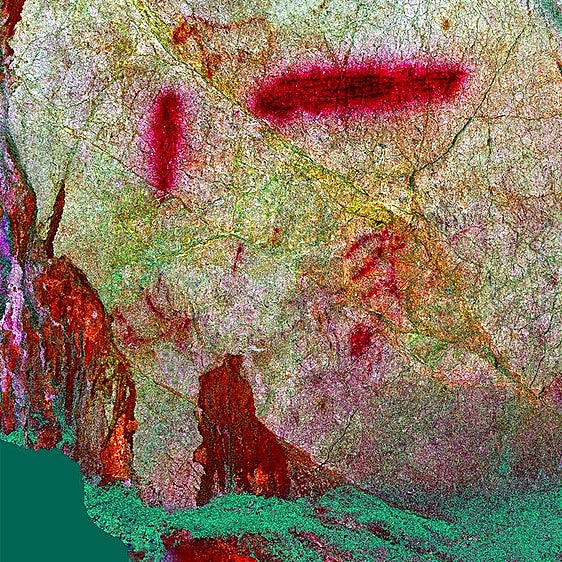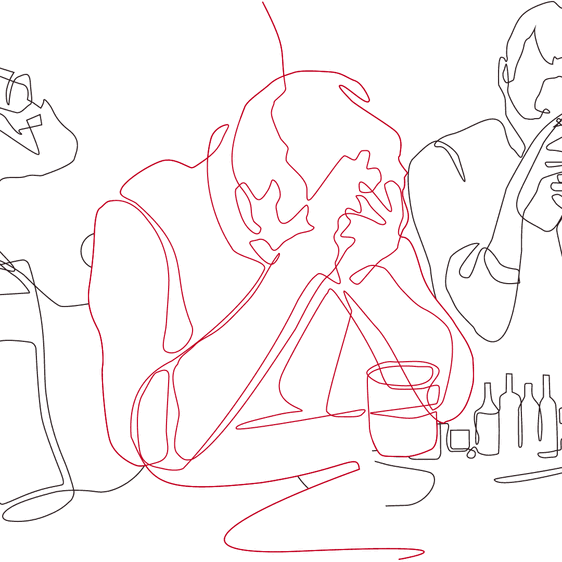
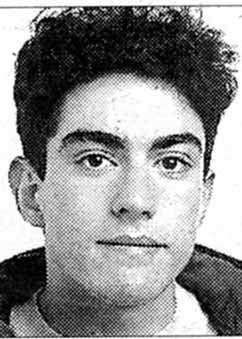
Abel García Alfageme
27 años
Parla (Madrid)
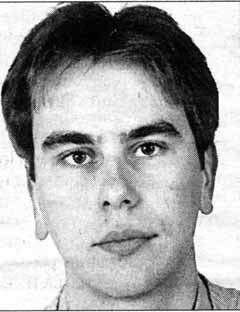
Alberto Arenas Barroso
24 años
Madrid
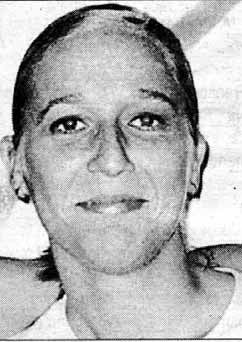
Alejandra Iglesias López
28 años
Torrejón de Ardoz (Madrid)

Alexandru Horatiu Suciu
18 años
Rumanía

Alicia Cano Martínez
63 años
Cieza (Murcia)
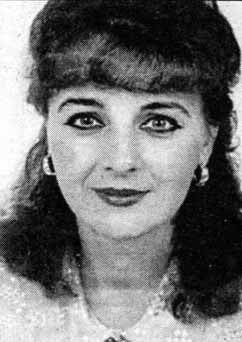
Alina María Bryck
34 años
Polonia
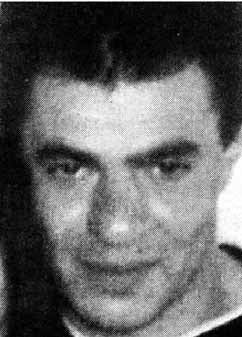
Alois Martinas
26 años
Rumanía
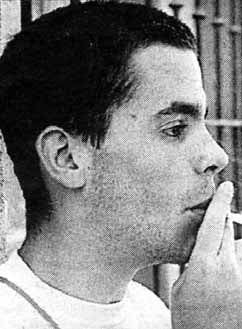
Álvaro Carrión Franco
17 años
Madrid
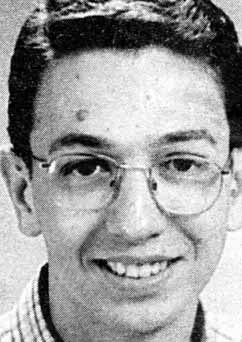
Álvaro de Miguel Jiménez
26 años
Madrid
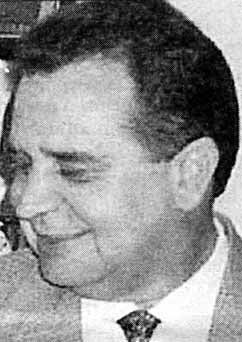
Ambrosio Rogado
56 años
El Campo de Peñaranda (Salamanca)
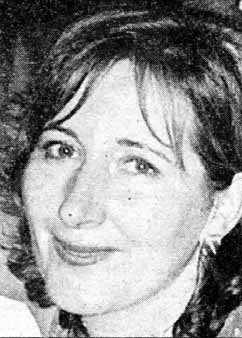
Ana Isabel Ávila Jiménez
43 años
Madrid
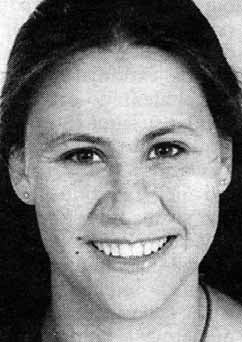
Ana Isabel Gil Pérez
29 años
Almadén (Ciudad Real)
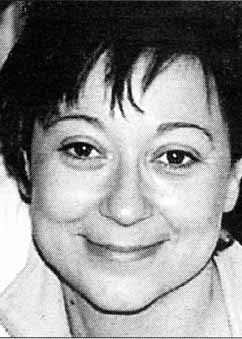
Ana Martín Fernández
43 años
Madrid
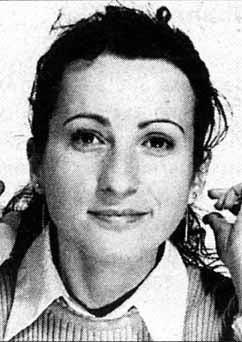
Ana Valeria Bodea
26 años
Rumanía
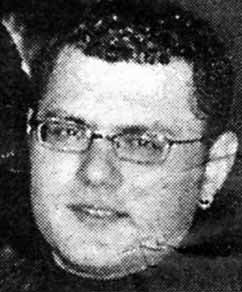
Andrian Asenov
22 años
Bulgaria
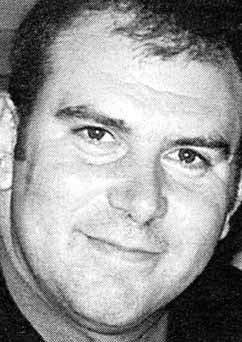
Ángel Luis Rodríguez Rodríguez
34 años
Madrid
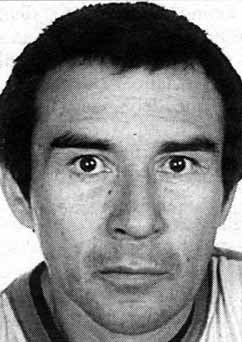
Ángel Manzano Pérez
42 años
Ecuador
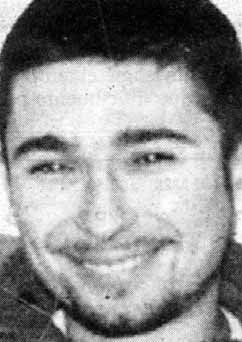
Ángel Pardillos Checa
62 años
Manchones (Zaragoza)
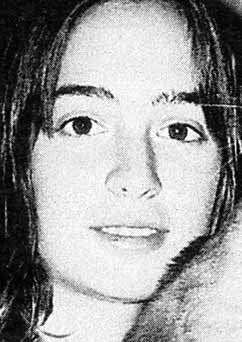
Angélica González García
19 años
Alcalá de Henares (Madrid)
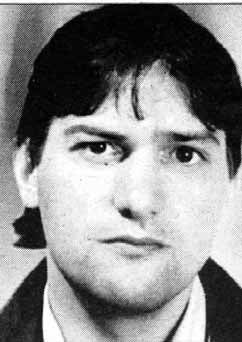
Antonio Marín Mora
43 años
Madrid
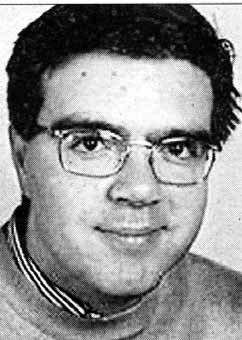
Antonio Sabalete
36 años
Madrid
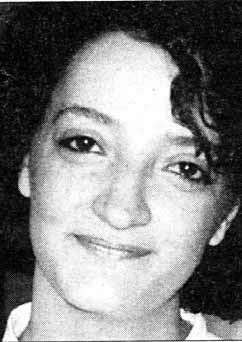
Berta Gutiérrez García
39 años
Villanueva de Gómez (Ávila)
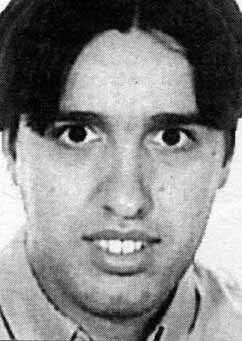
Carlos Alberto García Presa
24 años
Coslada
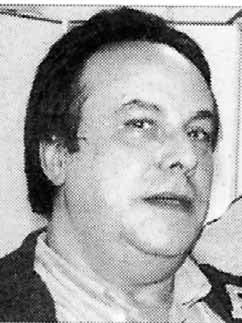
Carlos Marino Fernández Dávila
39 años
Perú
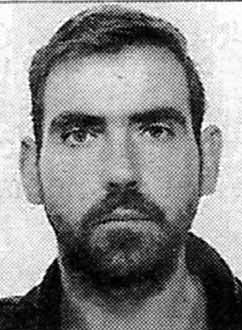
Carlos Soto Arranz
34 años
Quintanilla de Onésimo (Valladolid)
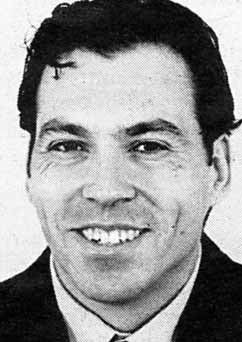
Carlos Tortosa García
31 años
San Fernando de Henares (Madrid)
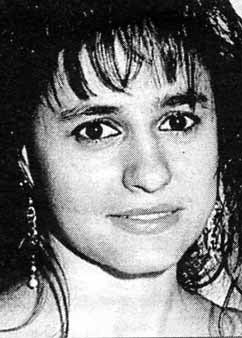
Carmen Mónica Martínez
31 años
Madrid
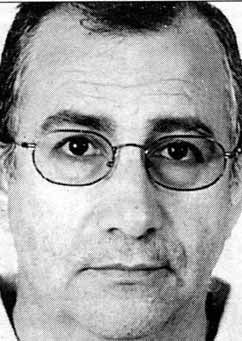
Cipriano Castillo Muñoz
55 años
Villamayor de Calatrava (Ciudad Real)
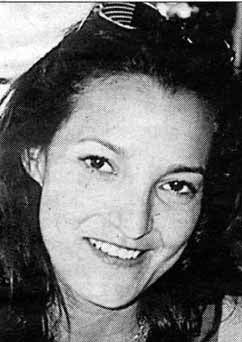
Cristina A. García Martínez
34 años
Madrid
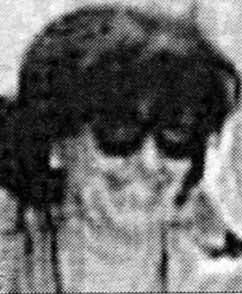
Cristina López Ramos
38 años
Madrid
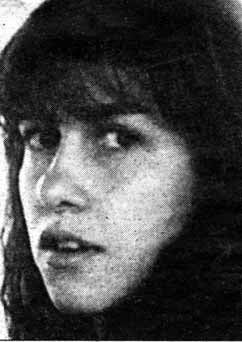
Cristina Romero Sánchez
34 años
Madrid
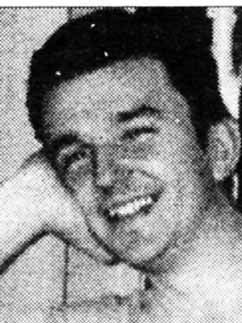
Czaba Zsigovski
26 años
Rumanía
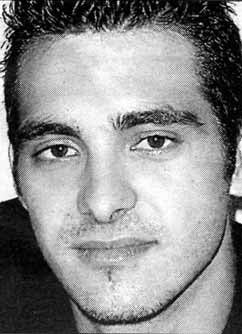
Daniel Paz Manjón
20 años
Madrid
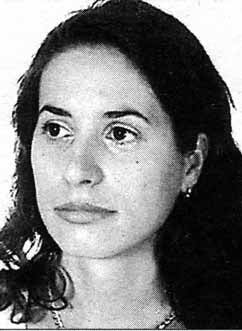
Danuta Teresa Spizla
28 años
Polonia
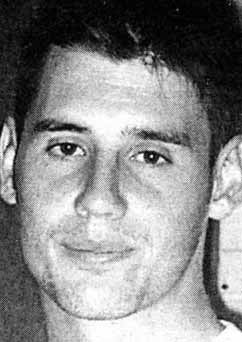
David Santamaría García
23 años
Guadalajara
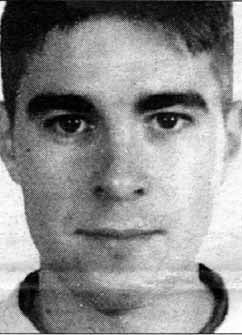
David Vilela Fernández
22 años
Alcalá de Henares (Madrid)
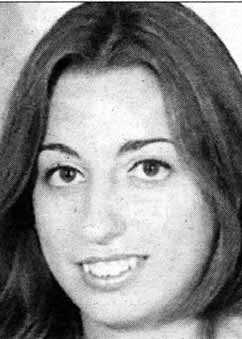
Dolores Fuentes Fernández
29 años
Móstoles (Madrid)
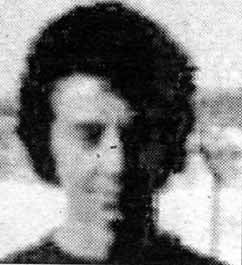
Domnino Simón González
45 años
Guardo (Palencia)
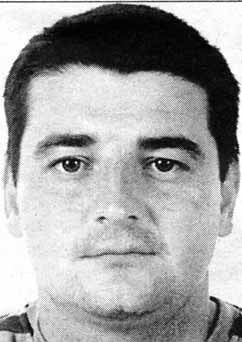
Eduardo Sanz Pérez
31 años
Suiza
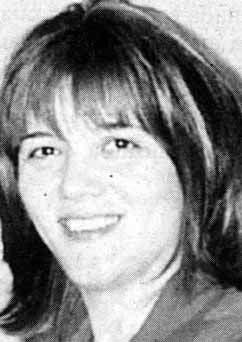
Elena Ples
33 años
Rumanía
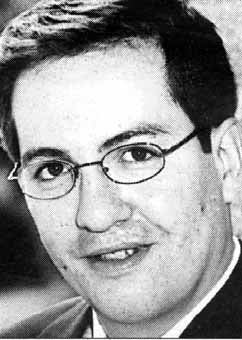
Elías González Roque
30 años
Madrid
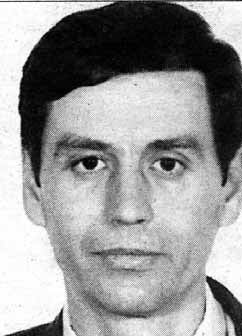
Emilian Popescu
43 años
Rumanía
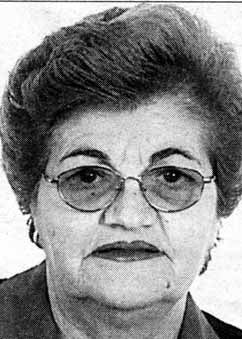
Encarnación Mora Donoso
63 años
Granátula de Calatrava (Ciudad Real)
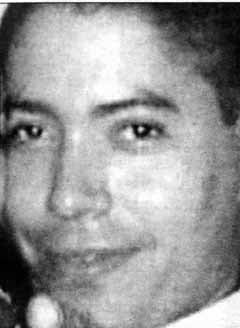
Enrique García González
29 años
República Dominicana
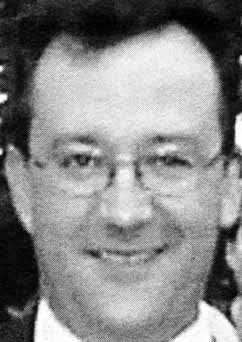
Esteban Martín de Benito
34 años
Madrid
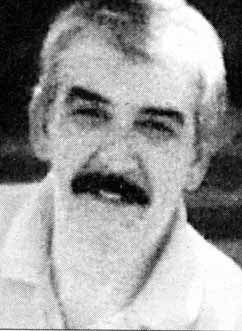
Eugenio Moreno Santiago
56 años
Cadalso de los Vidrios (Madrid)
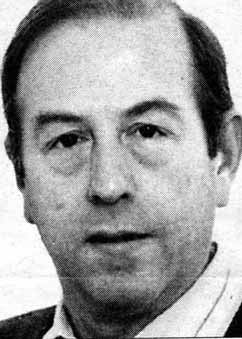
Francisco Moreno Aragonés
56 años
Madrid

Georgeta Gabriela Dima
35 años
Rumanía
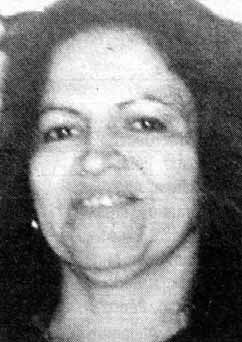
Gloria Inés Bedoya
40 años
Colombia
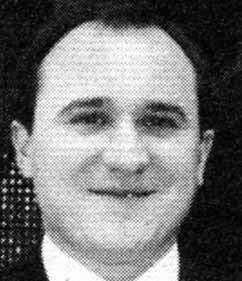
Gonzalo Barajas Díaz
32 años
Jaén
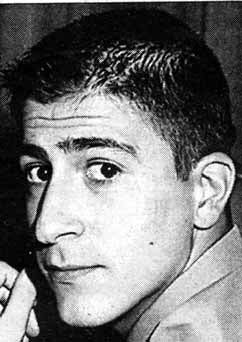
Guillermo Senent Pallarola
23 años
Guadalajara
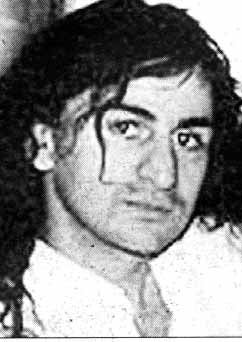
Héctor Manuel Figueroa Bravo
34 años
Chile
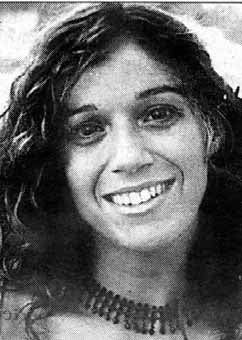
Inés Novellón Martínez
29 años
Madrid
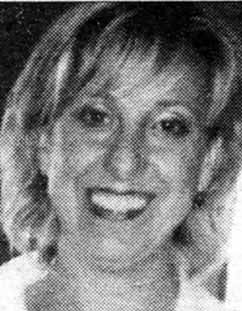
Inmaculada Castillo Sevillano
39 años
Alcalá de Henares (Madrid)
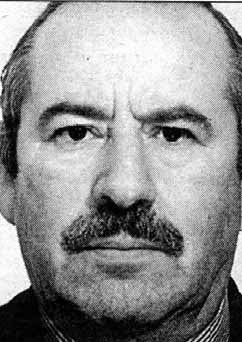
Ionut Popa
23 años
Rumanía
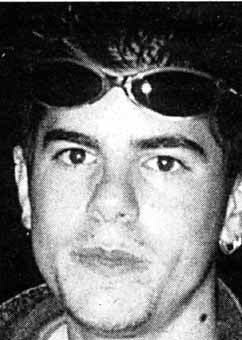
Iris Toribio Pascual
20 años
Madrid
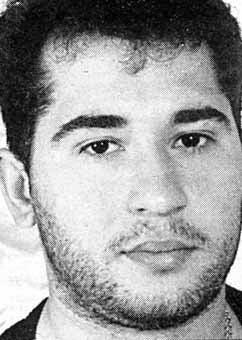
Ismael Nogales Guerrero
31 años
Madrid
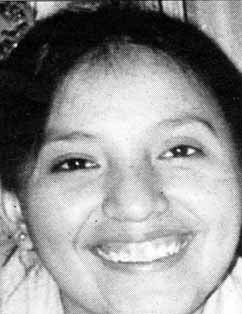
Jaqueline Contreras Ortiz
22 años
Perú
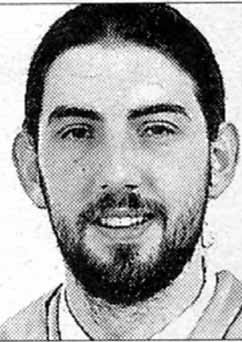
Javier Garrote Plaza
26 años
Madrid
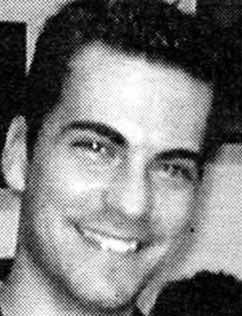
Javier Guerrero Cabrera
25 años
Madrid
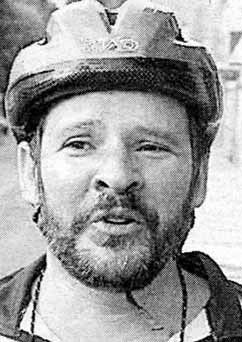
Javier Mengíbar Jiméne
43 años
Perú
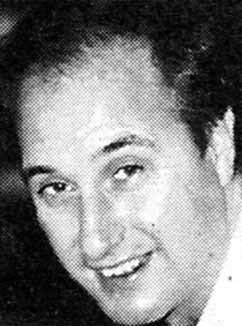
Jesús Utrilla Escribano
44 años
Madrid
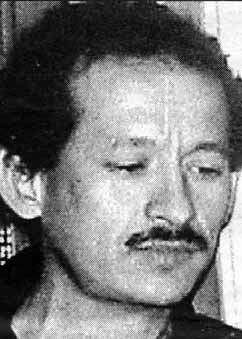
John Jairo Ramírez Bedoya
27 años
Colombia
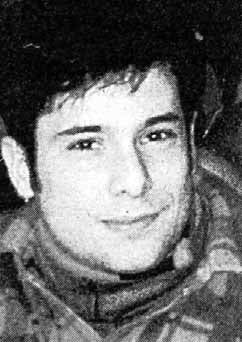
Jorge Rodríguez Casanova
22 años
Alcalá de Henares (Madrid)
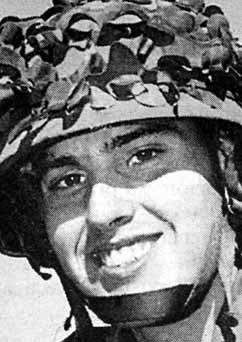
José Gallardo Olmo
33 años
Sant Feliú de LLobregat (Barcelona)
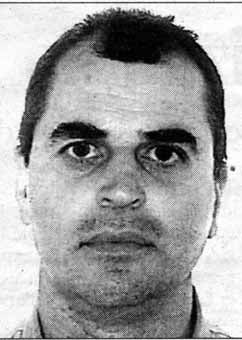
José García Sánchez
45 años
Madrid
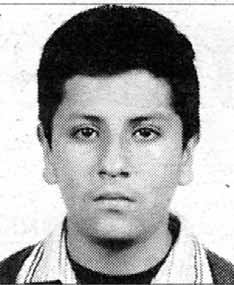
José Luis Tenesaca Betancourt
17 años
Ecuador
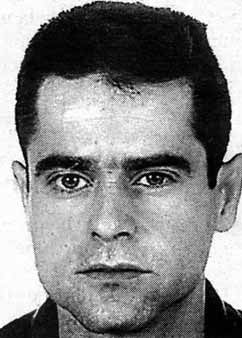
José María Carrillero Baeza
39 años
Francia
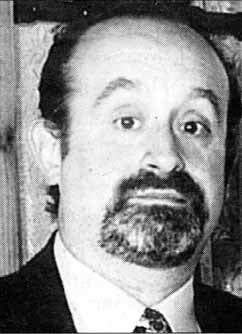
José María García Sánchez
48 años
Madrid
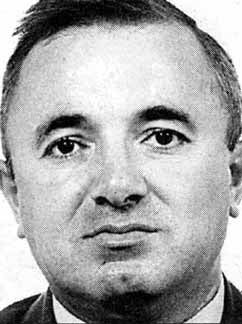
José María López-Menchero Moraga
44 años
Daimiel (Ciudad Real)
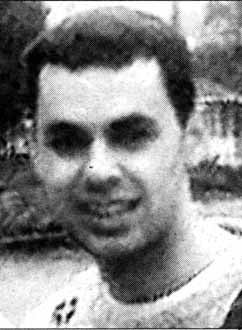
José Miguel Valderrama López
25 años
Madrid

José Ramón Moreno Isarch
37 años
Irún (Gipuzkoa)
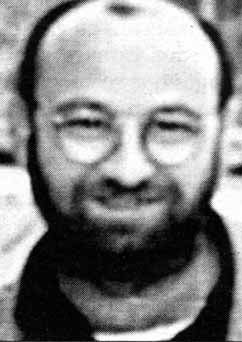
Jose Raúl Gallego Triguero
39 años
Getafe (Madrid)
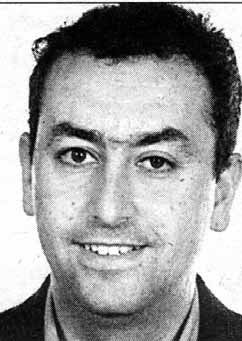
Juan Alberto Alonso Rodríguez
38 años
Alcorcón (Madrid)

Juan Antonio Sánchez Quispe
46 años
Perú
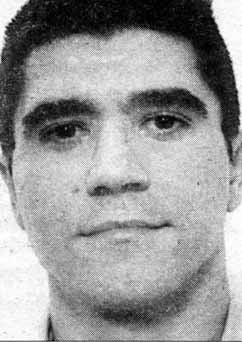
Juan Carlos del Amo Aguado
28 años
Madrid
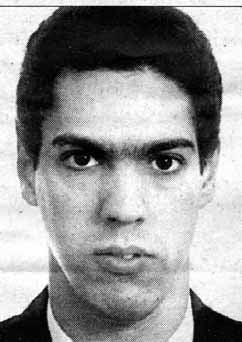
Juan Carlos Sanz Morales
33 años
Madrid
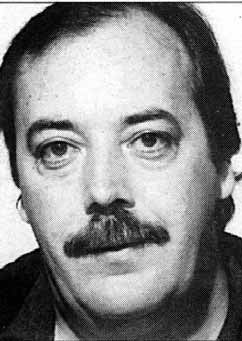
Juan Francisco Pastor Pérez
51 años
Madrid
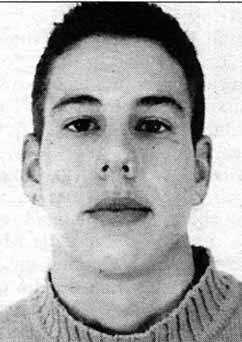
Juan Luis García Anaiz
17 años
Madrid
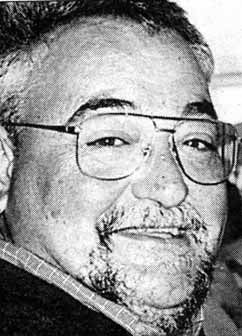
Juan Miguel Gracia García
53 años
Madrid
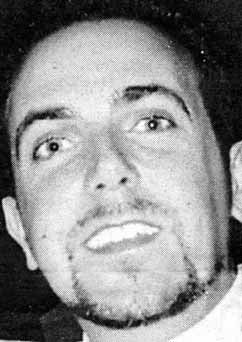
Juan Muñoz Lara
28 años
Guadalcázar (Córdoba)
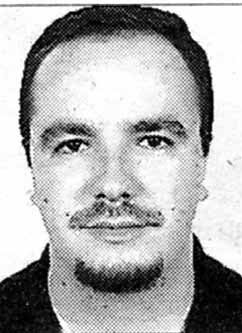
Juan Pablo Moris Crespo
31 años
Alcalá de Henares (Madrid)

Juan Ramón Zamora Gutiérrez
29 años
Madrid
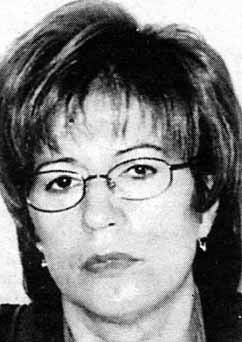
Julia Frutos Rosique
43 años
Madrid
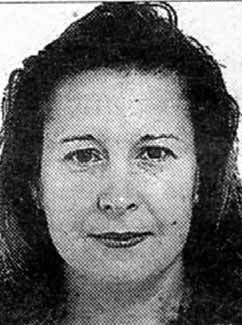
Julia Moral García
53 años
Milagros (Burgos)
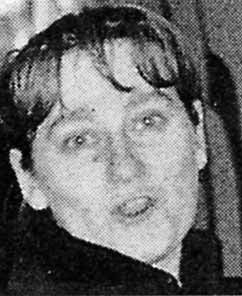
Kalina Dimitrova Vasilea
30 años
Bulgaria
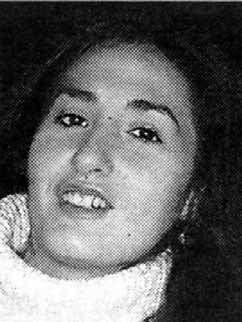
Laura Isabel Laforga Bajón
28 años
Valladolid
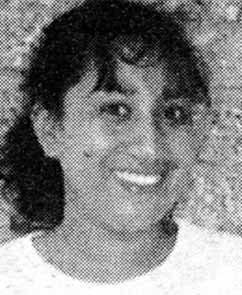
Laura Ramos Lozano
38 años
Honduras
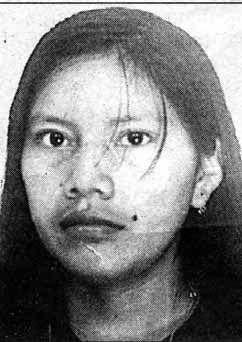
Lilliana Acero Usmina
26 años
Ecuador
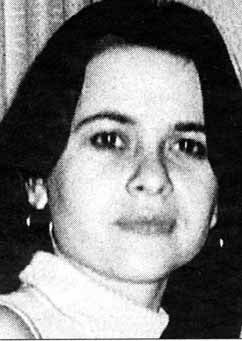
Livia Bogdan
27 años
Rumanía
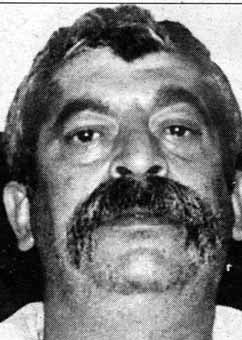
Luis Andrés Martín Pacheco
53 años
Madrid
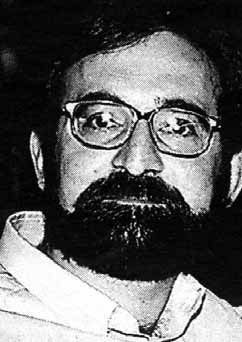
Luis Rodríguez Castell
40 años
Madrid

Mª Carmen Lominchar
34 años
Corral de Almaguer (Toledo)
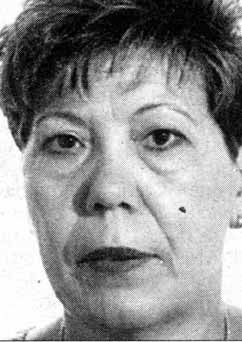
María del Carmen López
50 años
Mula (Murcia)

María del Pilar Pérez Mateo
28 años
Coslada (Madrid)
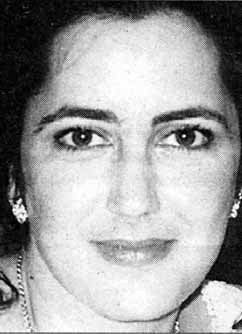
María Dolores Durán Santiago
34 años
Madrid
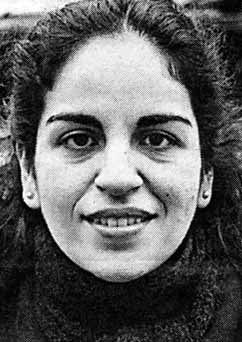
María Eugenia Ciudad-Real Díaz
26 años
Madrid
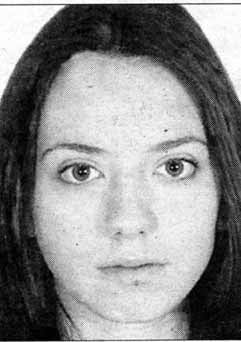
María Fdez del Amo
26 años
Azuqueca de Henares (Guadalajara)

María Isabel Sánchez Mamajón
37 años
Madrid
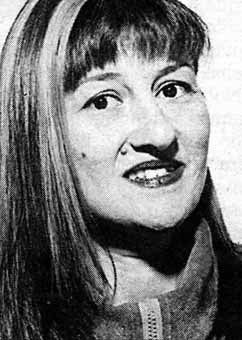
María Ivanova Staykova
38 años
Bulgaria
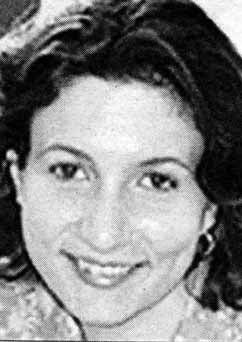
María Jesús Macías Rodríguez
30 años
Madrid
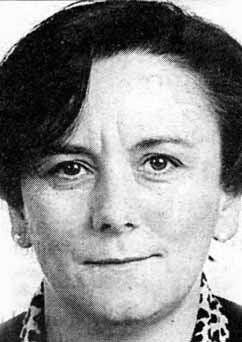
María José Álvarez González
48 años
Villallana (Lena, Asturias)
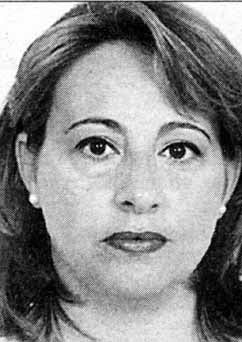
María José Pedraza Pino
41 años
Madrid
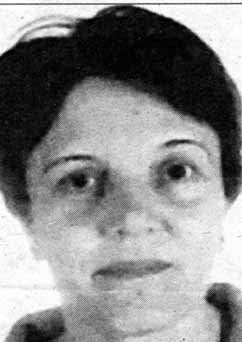
María Luisa Polo Remartínez
50 años
Ateca (Zaragoza)

María Nuria Aparicio Somolinos
40 años
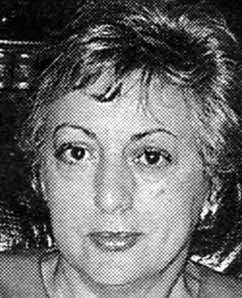
María Paz Criado Pleiter
52 años
Madrid
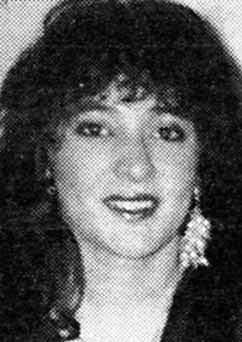
María Pilar Cabrejas Burillo
37 años
Alcalá de Henares (Madrid)

María Pilar Gamiz Torres
40 años
Madrid

María Pilar Martín Rejas
50 años
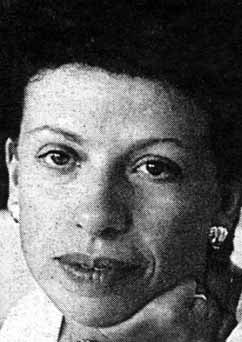
María Soledad Rodríguez de la Torre
42 años
Madrid

Milagros Calvo García
39 años
Madrid
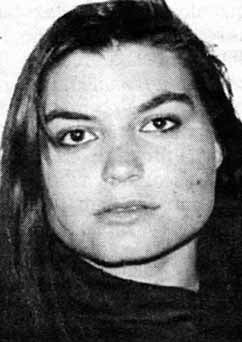
Miriam López Díaz
31 años
Muñogrande (Ávila)
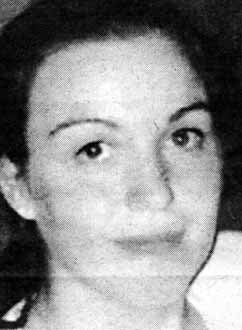
Míriam Melguizo Martínez
28 años
Madrid
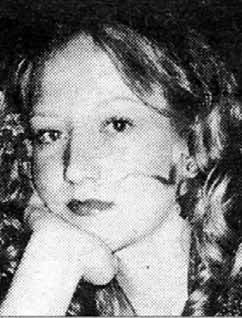
Miryam Pedraza Rivero
25 años
Madrid
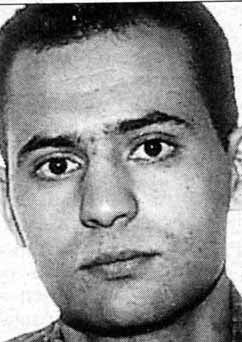
Mohamed Itaben
27 años
Marruecos
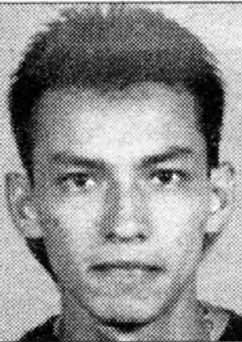
Neil Fernando Torres Mendoza
38 años
Ecuador
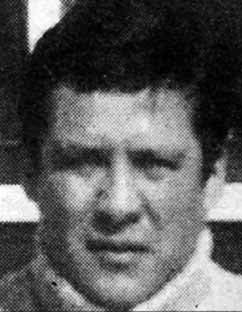
Neil Hebe Astocondor
34 años
Perú
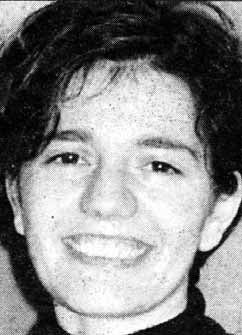
Nicoleta Diac
25 años
Rumanía
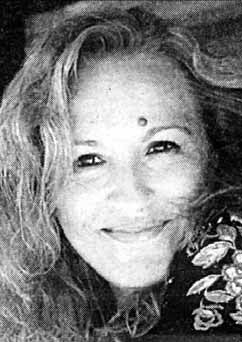
Nieves García García-Moñino
46 años
Madrid
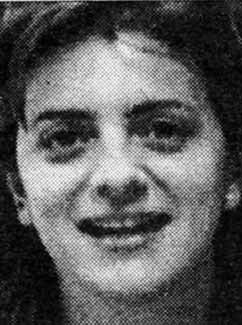
Nuria del Río Menéndez
38 años
Madrid
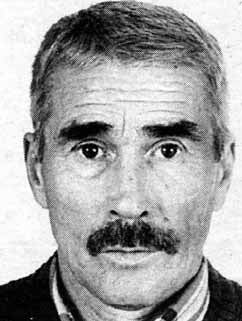
Oleksandr Kladkovoy
46 años
Ucrania
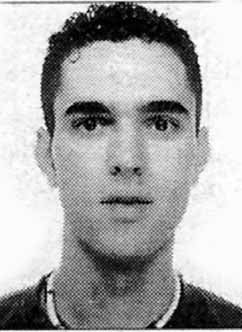
Osama El Amrati
24 años
Marruecos
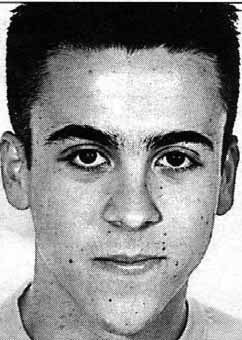
Óscar Abril Alegre
19 años
Coslada (Madrid)
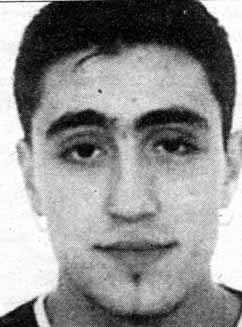
Óscar Gómez Guidiña
24 años
Madrid
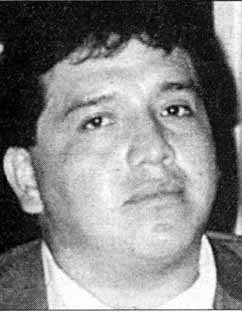
Oswaldo Manuel Cisneros Villacis
33 años
Ecuador
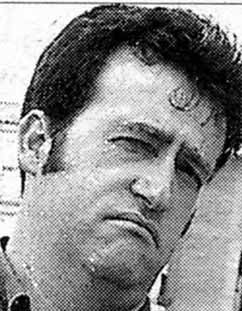
Pablo Izquierdo Asanza
42 años
Madrid
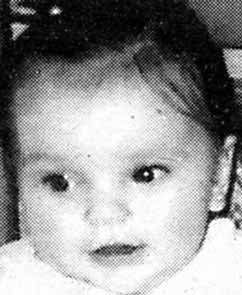
Patricia Rzaca
7 meses
Madrid
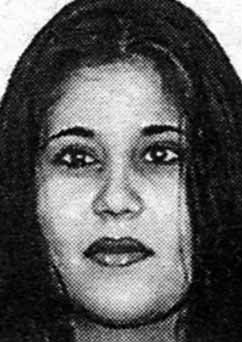
Paula Mihaela Sfeatcu
27 años
Rumanía

Pedro Hermida Martin
51 años
Sesña (Toledo)
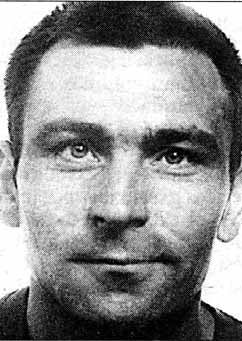
Petrica Geneva
34 años
Rumanía
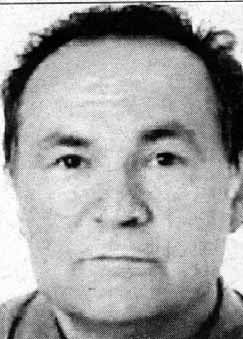
Rafael Serrano López
66 años
Madrid
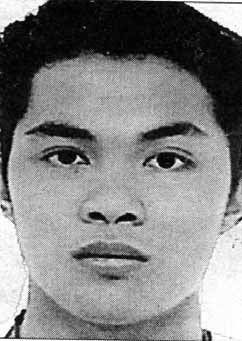
Rex Ferrer Reynaldo
20 años
Filipinas
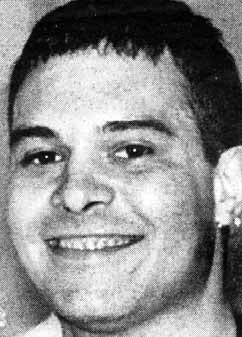
Roberto Pellicari Lopezosa
31 años
Madrid
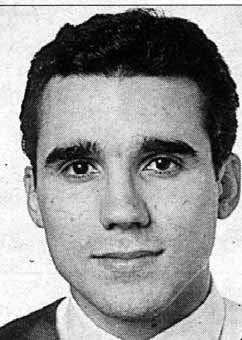
Rodolfo Benito Samaniego
27 años
Alcalá de Henares (Madrid)
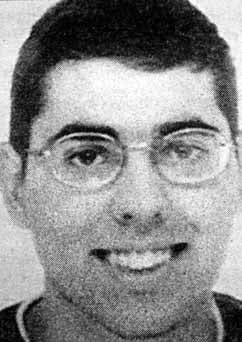
Rodrigo Cabrero Pérez
21 años
Madrid
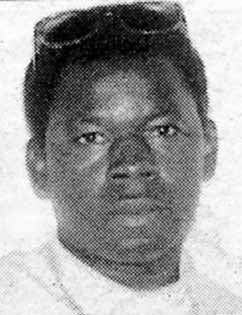
Sam Djoco
42 años
Guinea Bissau

Samuel, el hijo que llevaba en su vientre Ana Isabel Gil.
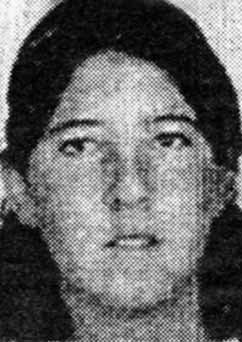
Sara Centenera Montalvo
19 años
Alovera (Guadalajara)
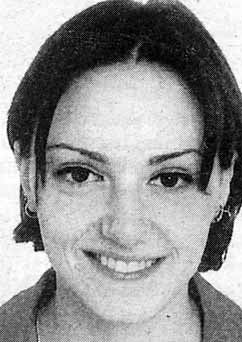
Sara Encinas Soriano
26 años
Madrid
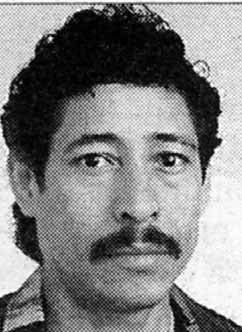
Saúl Valdés Ruiz
45 años
Honduras
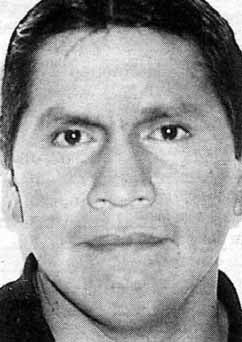
Segundo Víctor Mopocita
37 años
Ecuador
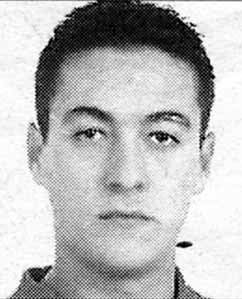
Sergio de la Heras Correa
28 años
Iriepal (Guadalajara)
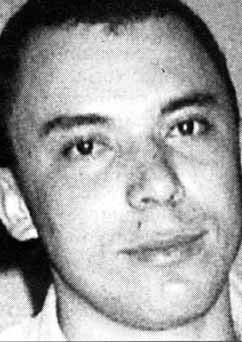
Sergio Dos Santos Silva
29 años
Brasil
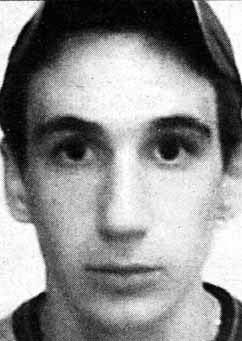
Sergio Sánchez López
17 años
Fuenlabrada (Madrid)
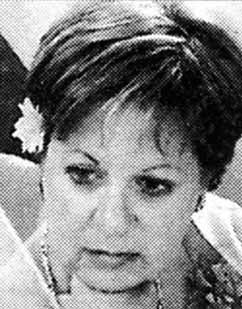
Soledad Contreras Sánchez
51 años
Puebla de Almenara (Cuenca)
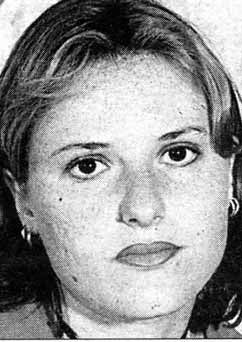
Sonia Cano Campos
25 años
Coslada (Madrid)
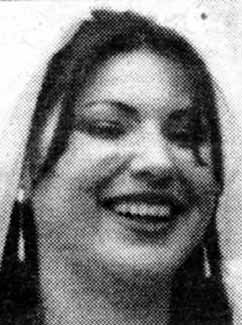
Sonia Parrondo Antón
28 años
Madrid
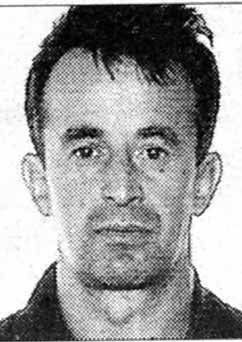
Stefan Budai
37 años
Rumanía
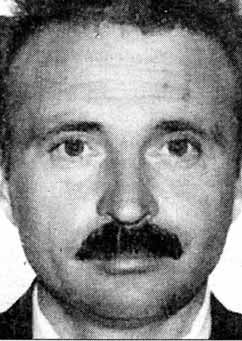
Stefan Modol
45 años
Rumanía
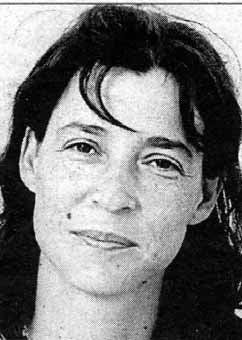
Susana Ballesteros Ibarra
42 años
Madrid
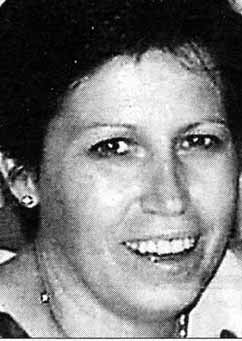
Susana Soler Iniesta
46 años
Madrid
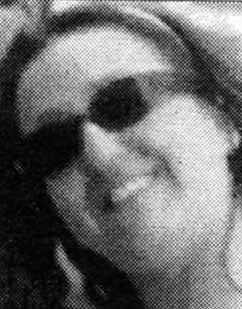
Teresa González Grande
36 años
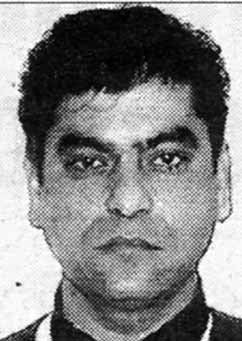
Tibor Budi
37 años
Rumanía
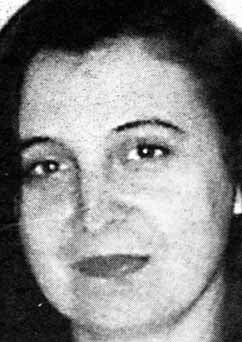
Tinka Dimitrova Paunova
31 años
Bulgaria

Trinidad Bravo Segovia
40 años
Madrid
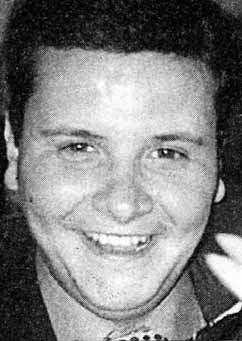
Vicente Marín Chiva
37 años
Madrid
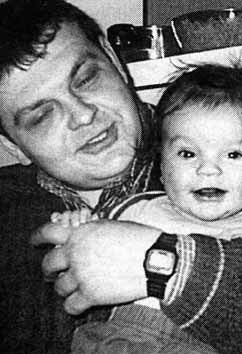
Wieslaw Rzaca
34 años
Polonia

Yaroslav Zokhnyuk
48 años
Ucrania

Spain remembers the 192 victims of 11-M terror attacks in Madrid, twenty years on
The horror began to unfold at 7.37am on the seemingly nondescript 11 March in the midst of winter at the Spanish capital's Atocha railway station. In the following three minutes a chain of explosions would take the lives of 192 passengers travelling on Cercanías commuter trains in the area and bring the war of jihadism to the heart of Europe
11-M 20th anniversary
Spain remembers the 192 victims of 11-M terror attacks in Madrid, twenty years onThe horror began to unfold at 7.37am on the seemingly nondescript 11 March in the midst of winter at the Spanish capital's Atocha railway station. In the following three minutes a chain of explosions would take the lives of 192 passengers travelling on Cercanías commuter trains in the area and bring the war of jihadism to the heart of Europe
Patricia, only seven months old with straw-coloured hair, blue eyes, a gold bracelet with her name on tied around her wrist, waited with her parents, Jolanta and Wieslaw, for the morning train to enter the station. Madrid-Entrevías Assembly. The still wintery morning light barely dawned on this dull, routine March 11, common in the gestures of complicity that the Polish immigrant couple exchanged, with their hopes linked to this city of welcomes and promises, before starting the day that lay ahead. A day like so many others, with its daily worries, but never with the feeling that it would be their last.
Another 189 train passengers, like little Patricia and her parents, were setting off at this early hour, when the fog of sleep still lulled their spirits, to board the carriages that plied the Henares railway corridor without any fear that there would be no more journeys for them. Simple people who went to work, to study, perhaps to return back home after a night shift. There were people from Vallecas. From Entrevías and Santa Eugenia. The people of Pozo del Tío Raimundo. It was easy for the terrorists to kill those who only took a train, unprotected, to make a living.
None of those 192 people could ever have guessed that alongside them were the killers, their nine assassins, camouflaged among the anonymous faces; the backpacks with their contents of death - several kilos of Goma 2 Eco reinforced with shrapnel, detonators and mobile phones whose alarm acted as a timer - on the shoulders of bodies that lost their souls in exchange for a fantastical immortality in the name of Allah.
The innocent, vulnerable travellers, murdered en masse and at random to recreate hell on earth, advancing towards their end without suspecting that the shocking outcome has long been decreed by a certain Jamal Zougam, the Moroccan manager of a telephone shop in Lavapiés who the police had already targeted, and his cronies fanaticised in Jihad. That the explosives had been provided by José Emilio Suárez Trashorras, someone who knew about explosives and what the deadly charges would be; a small-time crook with a psychic disorder caused by drugs who had become a criminal and police informer. That the threat to attack Spain, the dream of Al-Andalus, was forged at a summit in 2001 in Pakistan, two years before the global demon, Osama Bin Laden, targeted the country for its involvement in the wars in Afghanistan and Iraq after 9/11, following the publication of a photo of the Spanish Prime Minister, José María Aznar, in the Azores with George Bush Jr. and Tony Blair.
But on that morning in March, none of the passengers, except for the murderers, need not have known that they were potential targets of the most radicalised Islamism that had imprinted scars of martyrdom in distant places on the planet. Places far removed from the Renfe Cercanías carriages that approach the heart of Madrid with their incessant rattle of comings and goings. Shortly after seven in the morning, the witnesses who did not yet know they would have to become witnesses crossed paths, unconcerned, with at least a couple of men entering and leaving the train in Alcalá de Henares carrying their backpacks of horror.
The 2143 commuter train on which Patricia, her mother and father were travelling ground to a halt on track 2 at Atocha. The clock stopped at 7.37. And with it, so did life.
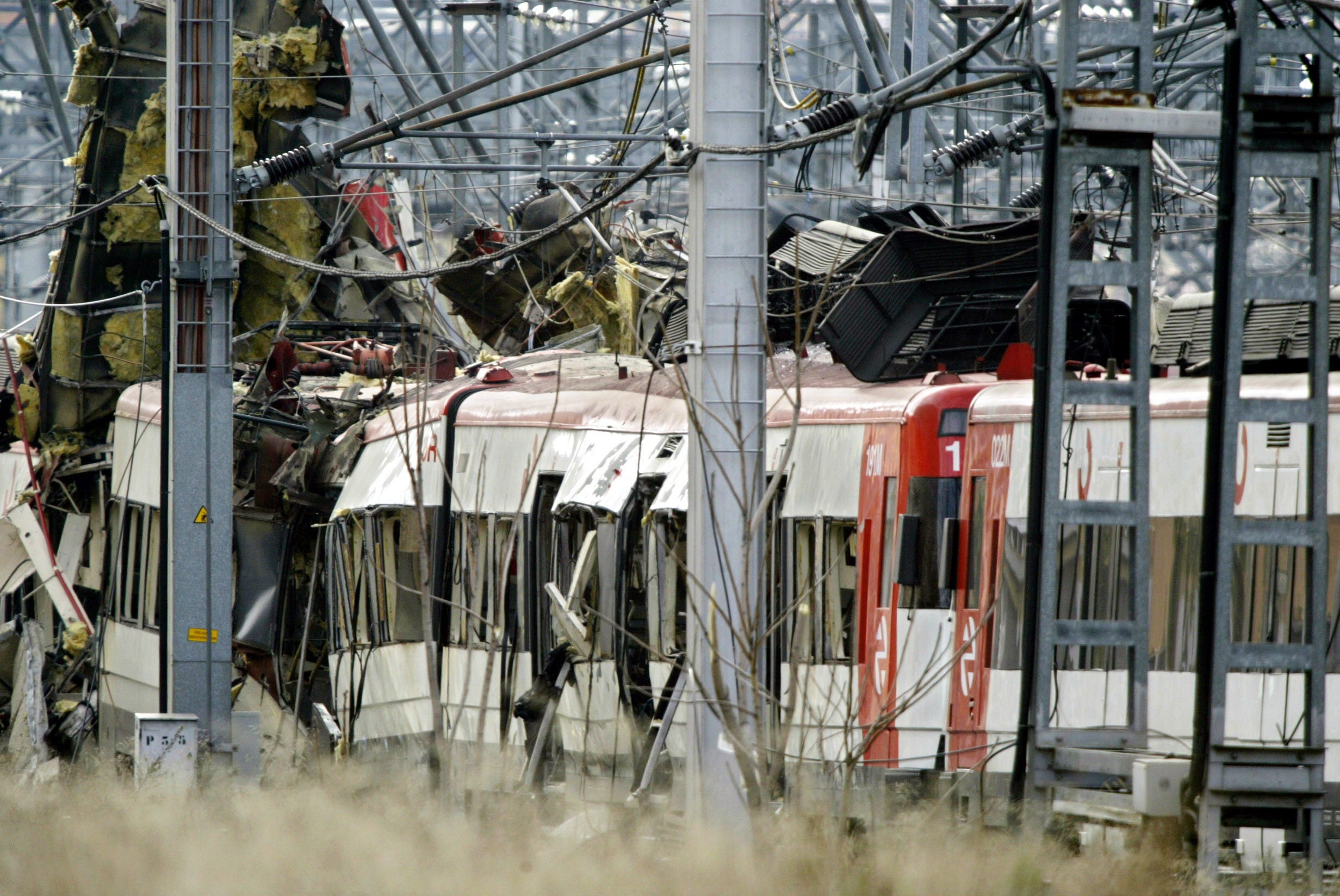
Three explosions in the space of a minute gutted as many carriages with such devastating and uncontrollable violence that the vehicles parked around the railway artery bounced on the roads.
"I'm going to pray," muttered a grandmother of four grandchildren who was surprised by the bombs in the vicinity of the station, but what else can you do when God, any God, has erased the most essential humanity, in these trains transformed into coffins for the corpses dismembered in an instant, from which the survivors tried to flee in desperation, driven by panic, breaking the windows, where respect for the dead gave way in order to save those who were still breathing?
Amidst the crowd of bloodied dazed casualties, under the noise of mobile phones, a young man, a paediatrics students at the Doce de Octubre hospital, found Patricia, the blonde-haired baby girl with her little golden bracelet, barely seven months old, among the rubble on the platform. The memory for the trainee paediatrician will remain wth him forever.
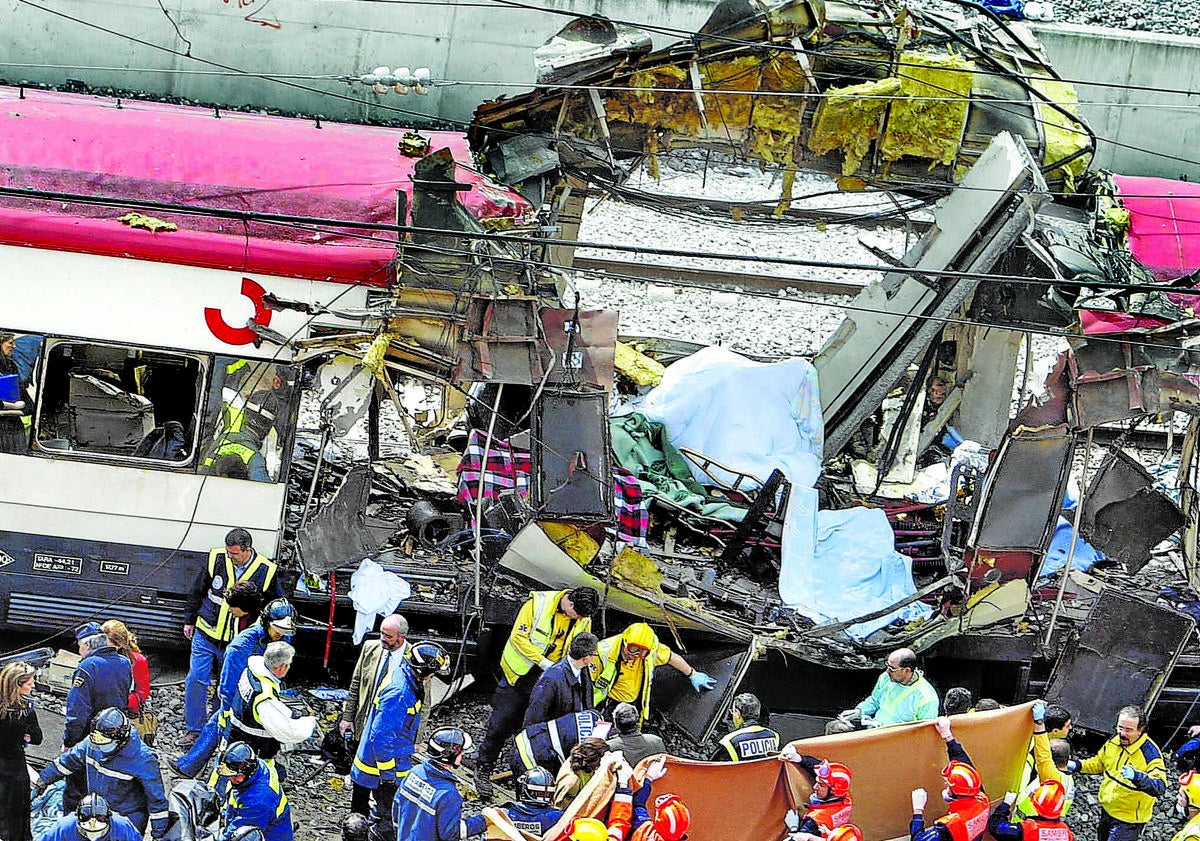
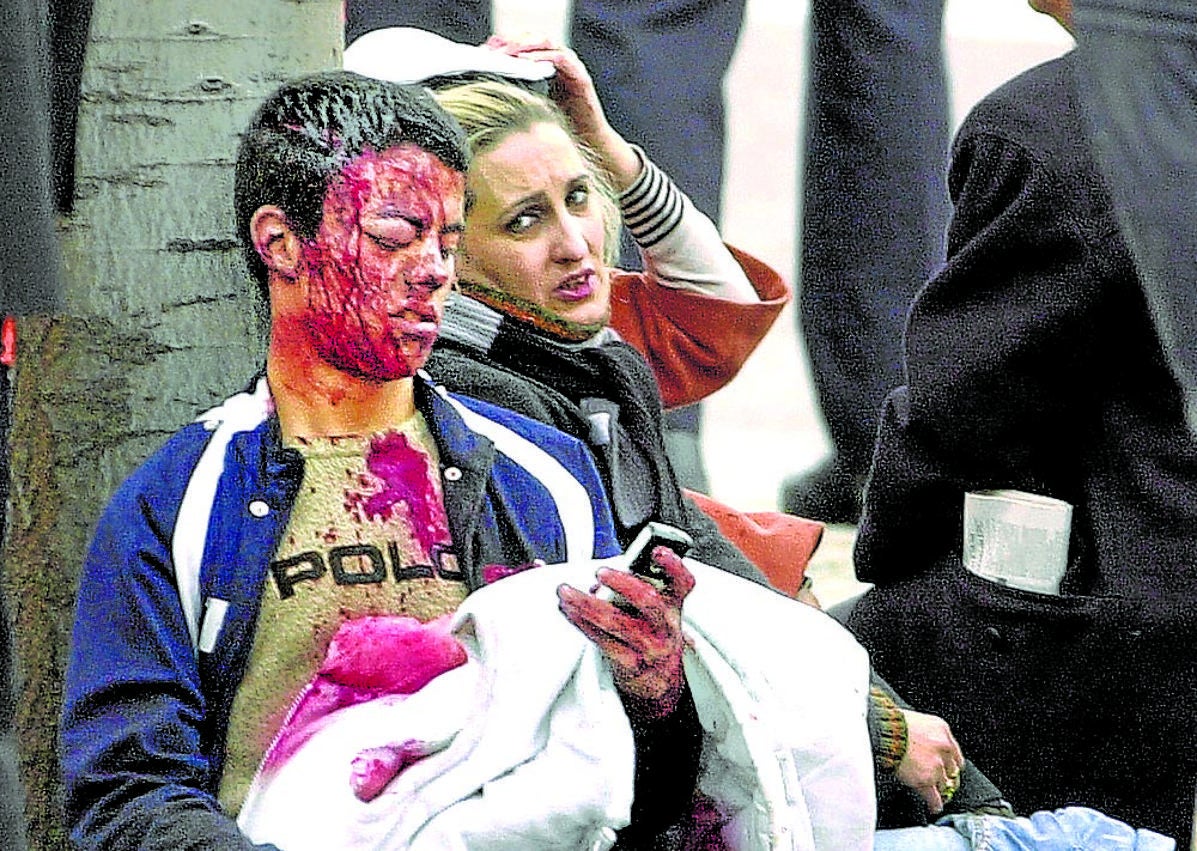
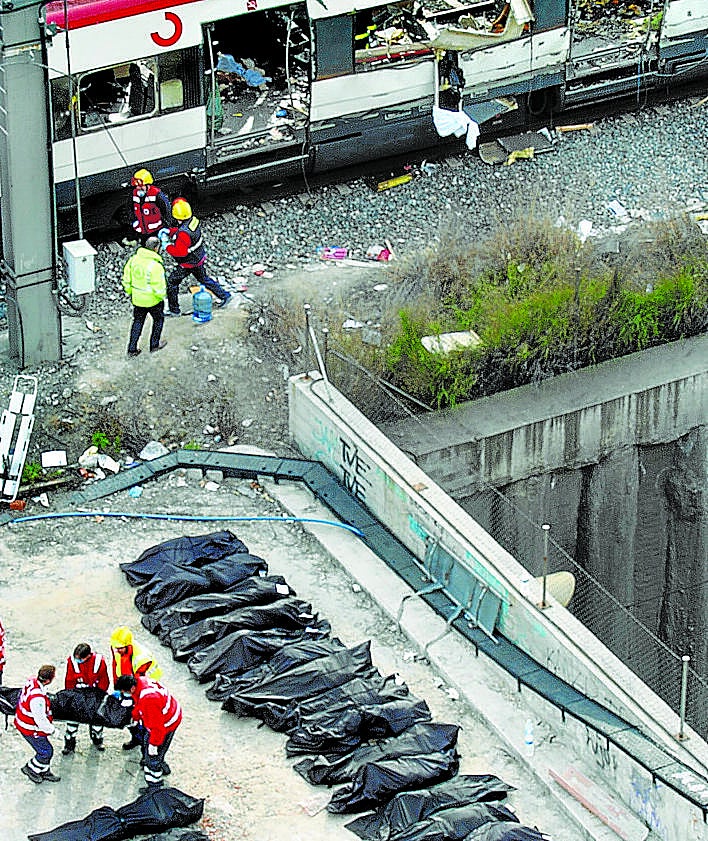
In spite of everything, we have to thank luck for its mercy. The bomb squad detonated a fourth rucksack that failed to explode. A few hundred metres away, on the parallel track of Calle Téllez, another four bombs split open the 17305 train as the chain of terror contnued to unfold. The unit approached Atocha a couple of minutes late. One hundred and twenty seconds, annoying anyone in a hurry, but it was life-saving for so many because the delay prevented the carriages from exploding in the middle of the busy station and unleashing an apocalypse of collapse and terror.
Only three minutes elapsed between the explosions that flooded Atocha with death. In the middle, almost simultaneously, another explosive device struck suburban train 21713 in Santa Eugenia and another two on 21435 in Pozo del Tío Raimundo, an area which is still full of shantytowns. Paqui, a nurse, escaped from and helped anyone who still had a breath of life left in them. Policeman Isidoro Zamorano, who had just dropped his three children at school, entered the scene of death, sensing the tragedy, immersed in "a strange smell, of gunpowder, of bad things".
And yet again, there was another stroke of luck. The fourth bag abandoned by the terrorists in El Pozo did not detonate. This rucksack, the one that ended up being the key to 11-M, embarked on its journey among the remains of the victims without anyone being suspicious of its lethal contents. Until the bag was found at the Vallecas police station and a bomb squad member took a gamble by deactivating it by hand. And there he found a mobile phone with a SIM card. That was the clue that would lead to Jamal Zougam.
But that would come later, much later. At eight o'clock in the morning, the terror attack had again turned Madrid into the capital of pain. The destruction began to take its toll, the one that would imprint 192 killed and 1,857 wounded on the collective memory. The worst terrorist atrocity Europe has ever faced, comparable only to the bombing of the Pan Am airliner over the Scottish town of Lockerbie.
The Daoiz y Velarde sports centre became an improvised hub to care for the victims arriving from Calle Téllez. Ifema was set up as a gigantic morgue to which the families who cannot find their loved ones ran, praying that today they had not caught a train of death. The people of Madrid took to the streets to help their neighbours, solidarity blood donations guaranteed the supply, taxi drivers gave away free rides to those who gritted their teeth and cried, clinging to any last hope. The Audiencia Nacional entrusted judge Juan del Olmo and prosecutor Olga Sánchez with the investigation of a case that would go down in history.
Al-Qaeda claimed responsibility for the carnage
Jihadism has just recreated New York's 9/11 in Madrid's 11-M, but in the first hour of turmoil and confusion in the face of the ferocious, merciless blow, the country was pointing the finger at ETA. ETA, which has been raising the bar of its actions little by little and which eleven days before this dark day tried to sneak two vans with half a ton of explosives into the Spanish capital, were intercepted by the security forces, in order to push the general elections called for this Sunday, 14 March, to the limit.
"They are not Basques, they are vermin and murderers", boomed the condemnation of the Basque president Juan José Ibarretxe, the first to offer a solemn institutional declaration to define where the good citizens of Euskadi stood, praying that it was not their own people who carried out such an atrocity. The time was 9.35 am. Before Ibarretxe, the PP government spokesperson, Eduardo Zaplana, and the leader of the Socialist opposition, José Luis Rodríguez Zapatero, also attributed the massacre to the ETA group.
Far from the journalistic focus that tried to answer the who, the how and the why, in an effort as strenuous as it was futile to find the words with which to describe the indescribable, the doorman of a building in Alcalá de Henares alerted the police to the presence of a van with suspicious movements parked near the railway station. It was the white Renault Kangoo stolen in Tetuán by the terrorists of whom nothing was yet known; the one that left evidence of the crimes and a tape with Koranic verses next to another of the Orquesta Mondragón that would in the future, oddly enough, feed the 'conspiracy theory' about the authorship of the attacks.
At midday, the leader of the outlawed Batasuna, Arnaldo Otegi, denied that it was ETA - how did those who accused the rule of law of unjustly incriminating them for terrorist complicity know this? - and someone who was on the opposite side of the fence, the general commissioner of Information, Jesús de la Morena, also added his scepticism about ETA's guilt to the Interior ministry.
Four hours after the massacre, when the always bustling Madrid was gathered in a funeral silence, President Aznar telephoned the press to tell them that there is no valid lead other than that of ETA; the path that the Interior Minister, Ángel Acebes, was following; the one that most of Spain's political leaders were still following; the one that the ambassador to the US, Javier Rupérez, was conveying to George Bush; the one that the foreign minister, Ana de Palacio, would work to ensure that the international chancelleries and the UN take up, despite the fact that the jihadist hypothesis was already gaining ground.
At eight o'clock in the evening, with the public grief-stricken, angry and stunned in an unforgettable mourning, Al-Qaeda claimed responsibility for the carnage in an Arabic-language newspaper in London. And the script for the day of infamy changed track.
The pendulum between half-truth, half-lie and reality swung over the next 72 hours. Millions of people filled Madrid and other cities in Spain, drenched in rain and tears, to cry out against the terror but also to ask aloud 'Who did it? An unstoppable echo that became the 'Pásalo' of the convulsive day of reflection, with the socialist Alfredo Pérez Rubalcaba coining a sentence for the newspapers - "Spaniards deserve a government that doesn't lie to them" - and demonstrators gathered in front of the PP headquarters. On 14-M, the electorate punished Aznar and gave the Moncloa to Zapatero.
The terrorists who did not blow themselves up on 3 April in the Leganés flat in which they barricaded themselves ended up being charged and sentenced.
After 21 months of investigation, judge Juan del Olmo tried Moroccan national Jamal Zougam, among several others, for his participation in carrying out the attack. Although claims had been made that attacks were linked to al-Qaeda, investigations conducted by Spanish officials did not find any proven links to the terror group.
The trial of 29 defendants began on 15 February 2007. During the trial the defendants retracted their previous statements to the authorities and denied any involvement. On 31 October 2007, Spain's Audiencia Nacional court handed down its judgements. Of the 28 defendants on trial, 21 were found guilty on a range of charges ranging from forgery to murder. Two of the defendants were sentenced to more than 40,000 years in prison each.
The images at the beginning of the report come from the Association for the Defense of Human Dignity.
¿Tienes una suscripción? Inicia sesión

